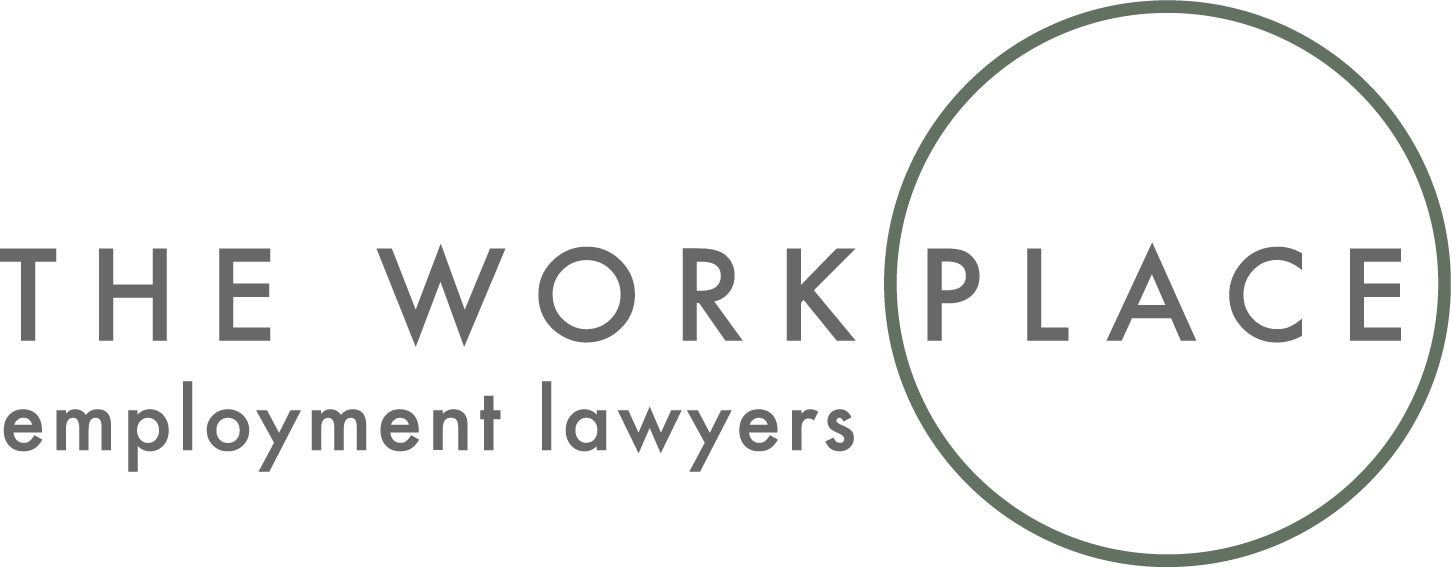The highly anticipated National Minimum Wage decision was handed down by the Fair Work Commission today, which means the National Minimum Wage and the rates of pay in all modern awards will increase from the first full pay period on or after 1 July 2018. There are also a range of other workplace related changes which will come into effect from 1 July 2018, which are outlined below.
[Photography / Leon Dafonte Fernandez]
1. Increase to the National Minimum Wage and minimum award wage rates
The national minimum wage will increase by 3.5% from 1 July 2018, which is certainly more than most employers were hoping for. The new national minimum wage will be $719.20 per week or $18.93 per hour. This is an increase of $24.30 per week or 64 cents per hour from the 2017/18 rates. The casual loading will remain at 25% in modern awards and for agreement/award free employees.
Determinations varying modern awards and updated awards will be released shortly. Until then, employers can assume that minimum wage rates in modern awards will increase by 3.5% from 1 July 2018, with weekly wages rounded to the nearest 10 cents. Employers should review applicable awards and adjust wage rates for award employees as necessary. Note that it is not necessary to increase salaries for award employees who are paid above award rates, unless you have a contractual obligation to do so and provided minimum award conditions are met.
If your business operates under an enterprise agreement, the Fair Work Act requires that you ensure that the base rates of pay in your enterprise agreement/s at least meet the new base rate/s of pay in the applicable modern award/s. We also recommend that you check your enterprise agreement/s for any other wage increase mechanisms and ensure you comply with those.
2. Unfair dismissal threshold
The high income threshold for unfair dismissal applications will also increase from 1 July 2018. This means employees who earn less than the new threshold amount (currently $142,000) will, subject to meeting other relevant tests, be able to file unfair dismissal applications. Employers should watch this space.
3. Superannuation
Employers must continue to contribute 9.5% of an employee’s ordinary time earnings to a complying superannuation fund. The maximum superannuation contributions base for 2018/19 will be $54,030 per quarter (or the equivalent of $216,120 annually). This means that employers must make superannuation contributions equal to 9.5% of an employee’s ordinary time earnings to $54,030 per quarter. Employers need not make superannuation contributions with respect to earnings above this cap unless they have a contractual obligation to do so.
4. Fair Work Information Statement
The Fair Work Ombudsman will issue an updated Fair Work Information Statement in the near future. Once available, the updated version should be issued to each new employee before, or as soon as possible after, they start employment.
Not sure what to do or like some help?
The Workplace can assist with all of your workplace compliance needs, whether related to the new pay rates or otherwise.
Please give us a call on 02 8226 8535 or email patricia@theworkplacelawyers.com.au,or hannah@theworkplacelawyers.com.au or kim@theworkplacelawyers.com.au preferably by Wednesday 13 June 2018 to allow us to accommodate all of our valued clients.
The copyright in this blog is owned by The Workplace – Employment Lawyers Pty Ltd. The content is general information only and is not intended to constitute, or be relied upon as, legal advice. The use of this blog by any person or company does not create any solicitor-client relationship between the person or company and The Workplace – Employment Lawyers Pty Ltd.

![[Photography / Leon Dafonte Fernandez]](https://images.squarespace-cdn.com/content/v1/533b4354e4b029e9c58de638/1527846830820-5QJB74DTF4VACL5ED01F/wage+increase+blog.jpg)